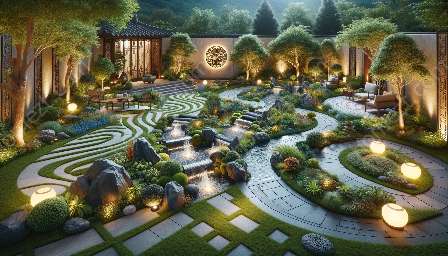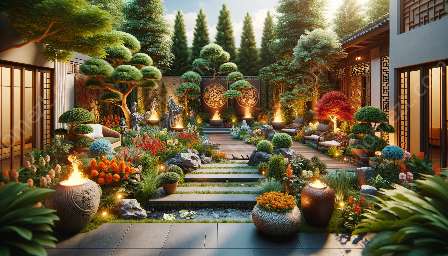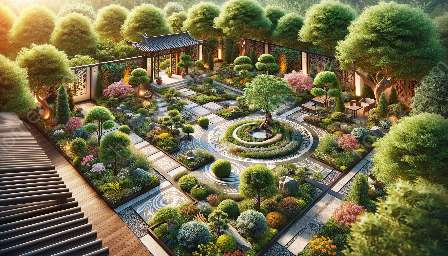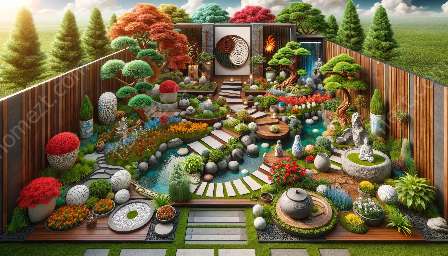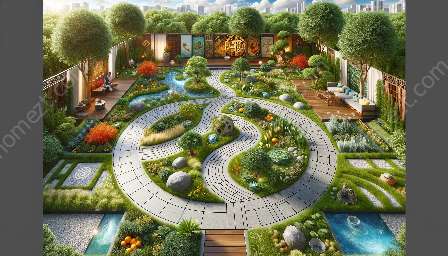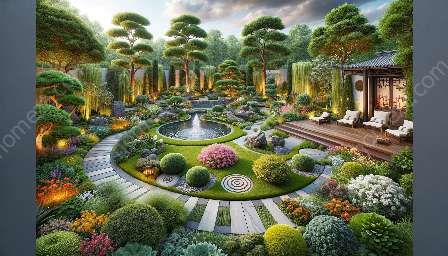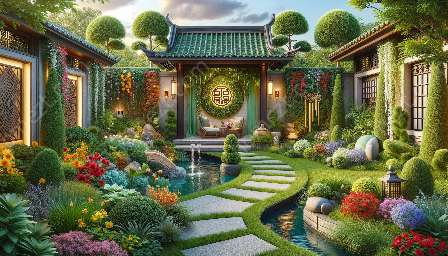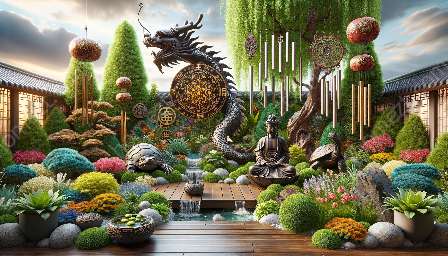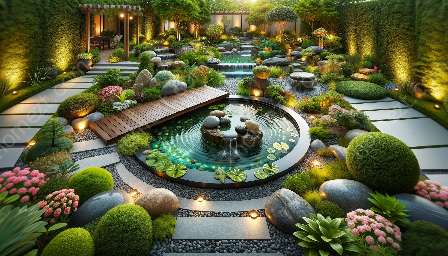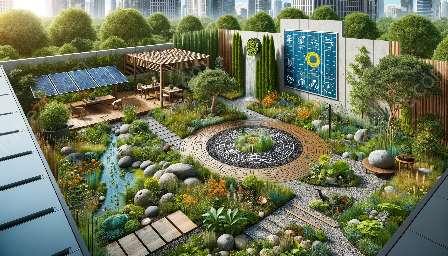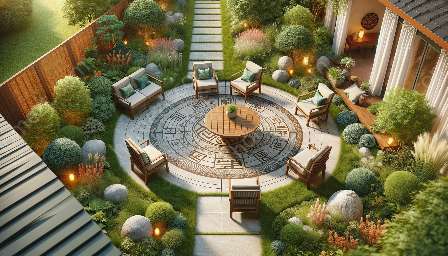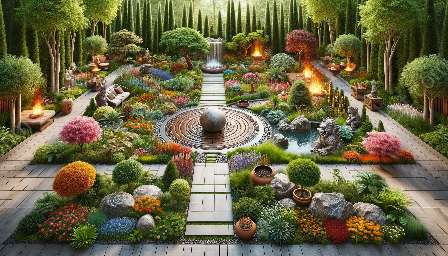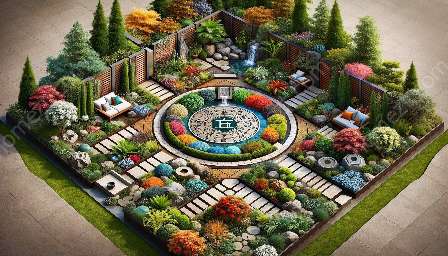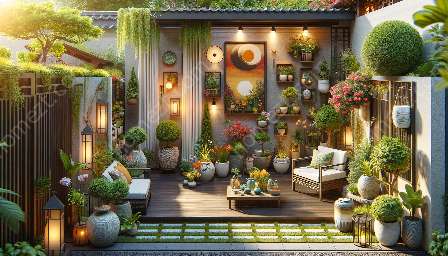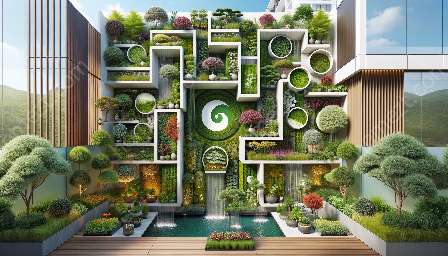Our gardens are not just spaces for growing plants and flowers; they also serve as havens for relaxation and rejuvenation. Feng Shui, an ancient Chinese art and science, offers valuable insights into creating a harmonious garden. In this article, we will explore the significance of Feng Shui elements in garden design and how to incorporate them to bring balance and positive energy to your outdoor space.
The Five Feng Shui Elements
Feng Shui revolves around the concept of five elements - Wood, Fire, Earth, Metal, and Water. Each element represents different energies and has unique characteristics that can be harnessed to create a balanced and auspicious garden.
1. Wood
The Wood element symbolizes growth, vitality, and expansion. In garden design, it can be represented by trees, shrubs, and wooden structures. Placing wooden elements in the eastern or southeastern areas of the garden can promote vitality and creativity.
2. Fire
Fire is associated with passion, enthusiasm, and transformation. To incorporate the Fire element, consider adding bright flowers, outdoor lights, or a small fire pit. Placing these elements in the southern or southeastern part of the garden can enhance energy and drive.
3. Earth
The Earth element represents stability, nourishment, and balance. Rocks, stones, and earthy colors can embody this element in the garden. Placing rock features or earthy sculptures in the central or westerly areas of the garden can foster a sense of grounding and stability.
4. Metal
Metal symbolizes precision, clarity, and efficiency. Metal sculptures, wind chimes, or wrought iron furniture can introduce the Metal element into the garden. Placing these elements in the western or northwestern areas can invite clarity and sharpness into the space.
5. Water
Water signifies flow, adaptability, and tranquility. Ponds, fountains, or birdbaths can represent the Water element. Locating these water features in the northern or eastern parts of the garden can foster calmness and rejuvenation.
Creating Harmony and Balance
Integrating all five elements in the garden design is essential for achieving harmony and balance. By balancing the presence of each element, you can create a garden that promotes positive energy flow and emotional well-being. Additionally, consider the interplay of colors, shapes, and textures associated with each element to further enhance the overall Feng Shui of the garden.
Feng Shui in Gardening
Bringing Feng Shui principles into gardening extends beyond the mere placement of elements. It involves mindful planning, intention setting, and connecting with the natural environment. Practicing mindfulness while tending to the garden can help cultivate a harmonious and nurturing space. By observing how energy flows through the garden and making intentional adjustments, you can optimize the positive influences of Feng Shui in gardening.
Creating a Feng Shui Garden
When creating a Feng Shui garden, it's important to consider the overall layout, pathways, and focal points. Emphasize the use of natural materials, incorporate gentle curves to direct energy flow, and create areas for quiet contemplation. By applying Feng Shui principles to the garden, you can transform your outdoor space into a sanctuary that supports overall well-being and connection with nature.

